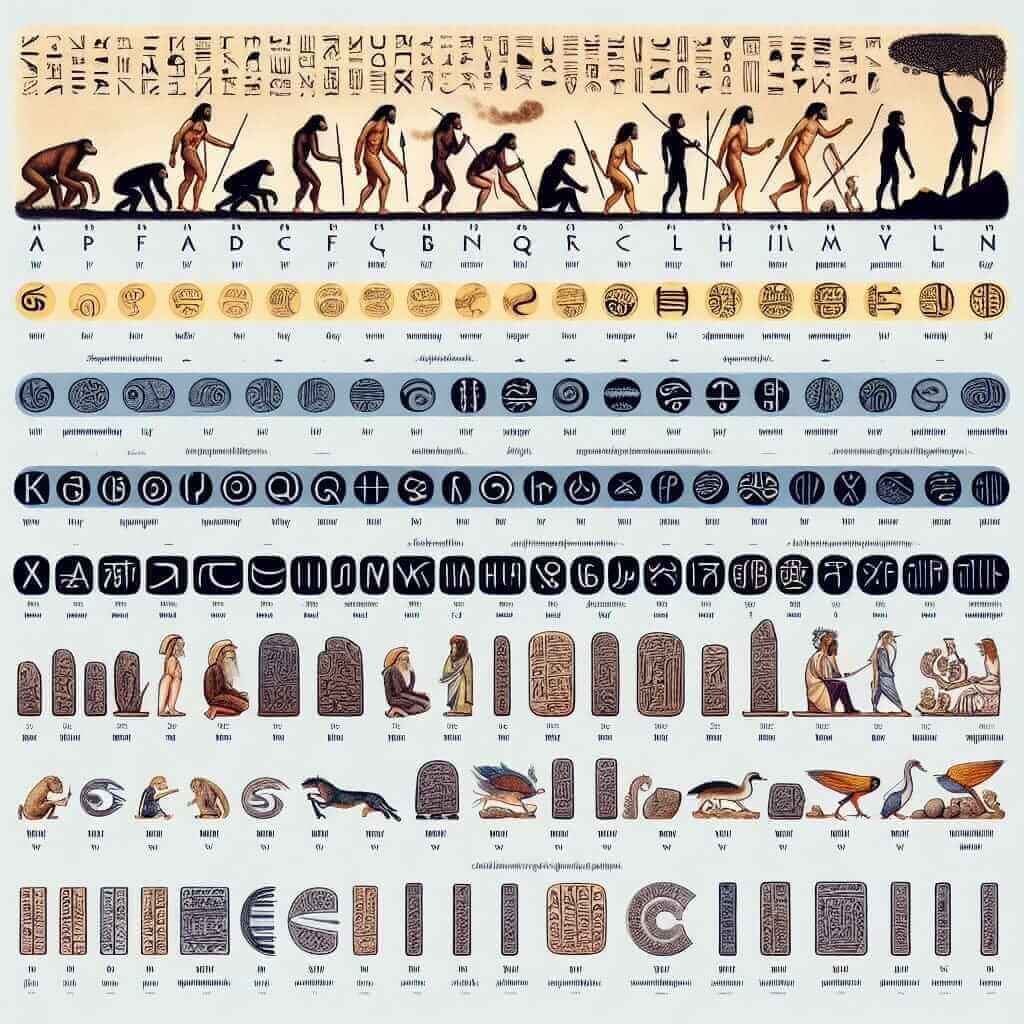As an IELTS instructor with over two decades of experience, I often encounter students perplexed by the infamous “How Writing Began” passage. This article serves as your guide to navigating this challenging IELTS Reading topic, equipping you with the knowledge and strategies to excel.
Deciphering the Significance: Why “How Writing Began” Matters in IELTS Reading
The IELTS Reading test assesses your ability to comprehend complex texts, and passages on the origins of writing frequently appear. Understanding this topic is crucial for several reasons:
- Historical Context: These passages offer insights into ancient civilizations and their communication methods, enriching your historical knowledge.
- Academic Vocabulary: Expect to encounter specialized terms related to archaeology, linguistics, and ancient scripts. Mastering this vocabulary is essential for accurate comprehension.
- Analytical Skills: You’ll need to identify key information, understand cause-and-effect relationships, and interpret the author’s perspective on the development of writing.
Tackling “How Writing Began” Passages: A Strategic Approach
Successfully navigating these passages involves a combination of effective reading strategies and prior knowledge. Here’s a step-by-step guide:
1. Pre-Reading Preparation:
- Activate Prior Knowledge: Before diving into the passage, spend a few moments reflecting on what you already know about ancient writing systems. This might include hieroglyphics, cuneiform, or early alphabets.
- Skim the Questions: Quickly scan the questions related to the passage. This will give you a sense of what information to prioritize while reading.
2. Active Reading:
- Focus on Keywords: Pay close attention to dates, names of civilizations, and specific writing systems mentioned. These keywords often hold the key to answering questions correctly.
- Identify the Main Idea: Each paragraph will have a central theme. Determine the main idea to grasp the overall progression of information.
- Underline and Annotate: Don’t be afraid to mark up the passage! Underline key phrases, circle unfamiliar vocabulary, and jot down brief notes in the margins to enhance your comprehension.
3. Answering Questions:
- Read Carefully: Many IELTS Reading mistakes arise from misinterpreting the question or skimming over crucial information in the passage.
- Use Keywords: Look for synonyms or paraphrased versions of keywords from the questions within the passage. This will help you locate the relevant sections.
- Don’t Overthink: The correct answer is always supported by evidence within the text. Avoid making assumptions or relying solely on your background knowledge.
Example from an IELTS Reading Passage:
Let’s analyze an excerpt from a typical “How Writing Began” passage:
“The earliest forms of writing emerged from the need to record and track transactions. In ancient Mesopotamia, for example, clay tokens were used to represent goods, evolving into cuneiform script by 3200 BC. This groundbreaking development allowed for complex record-keeping and facilitated trade.”
Possible IELTS Reading Question:
- What was the primary motivation for the development of early writing systems?
Answer: The passage clearly states that the need to “record and track transactions” was the driving force behind the emergence of writing.

Tips for Success:
- Expand Your Vocabulary: Familiarize yourself with common terms related to writing systems, such as “pictograms,” “ideograms,” and “alphabets.”
- Practice with Real IELTS Tests: The more you practice with authentic IELTS Reading passages, the better equipped you’ll be to handle different question types and time constraints.
- Seek Feedback: Have an experienced IELTS instructor review your practice tests and provide personalized guidance on areas for improvement.
Conclusion:
Mastering the “How Writing Began” theme in IELTS Reading requires a strategic blend of vocabulary building, effective reading techniques, and analytical skills. Remember to practice diligently, seek expert feedback, and approach each passage with a focused and confident mindset. With consistent effort, you’ll be well on your way to achieving your desired IELTS score!